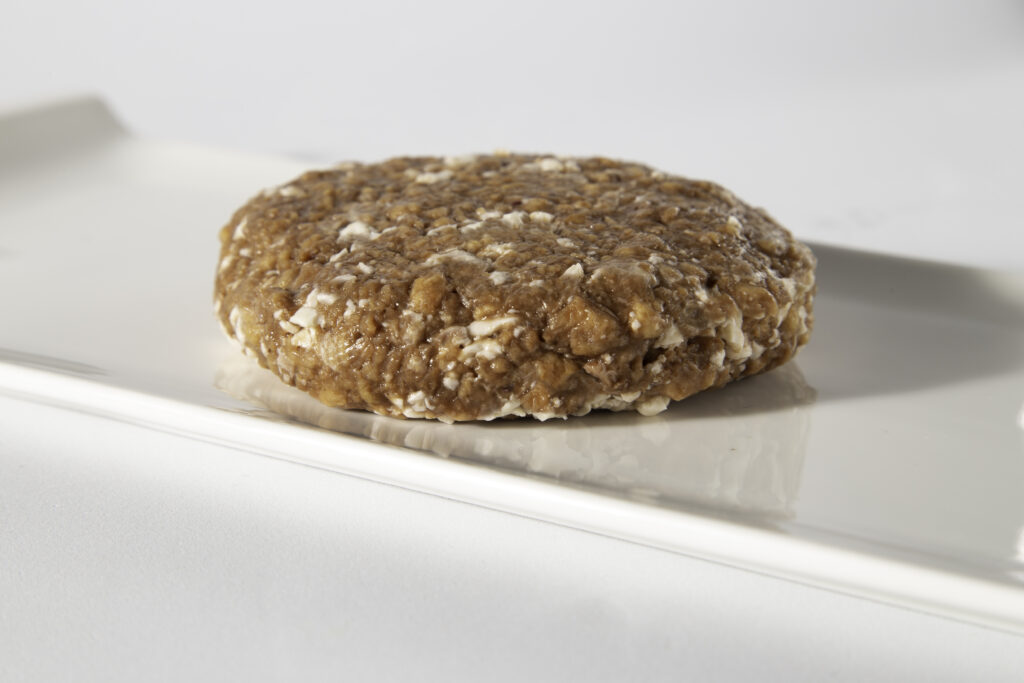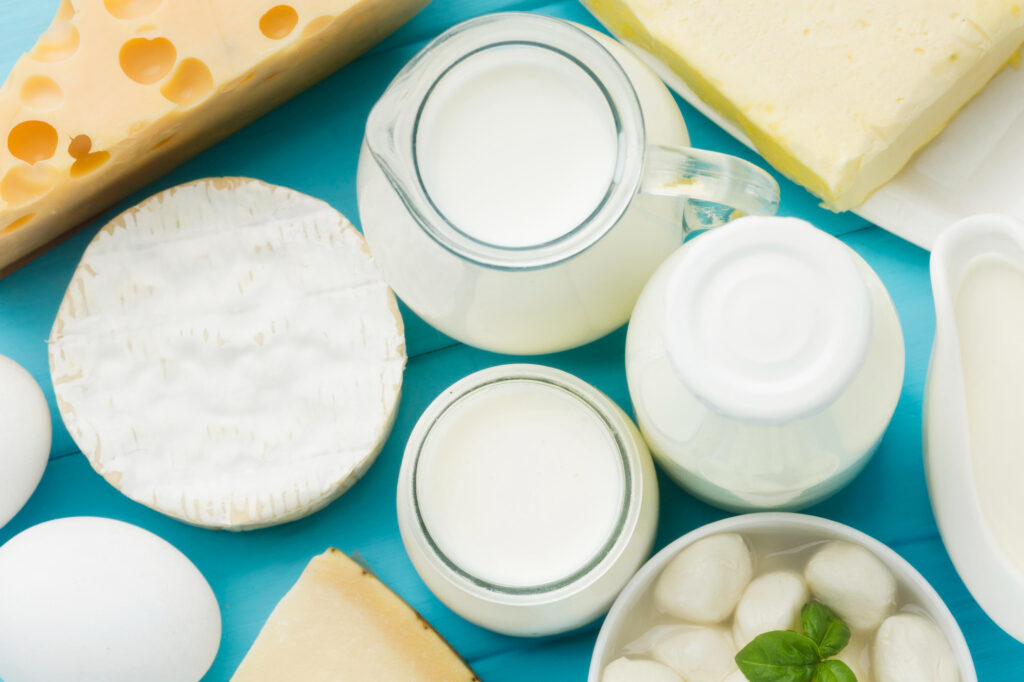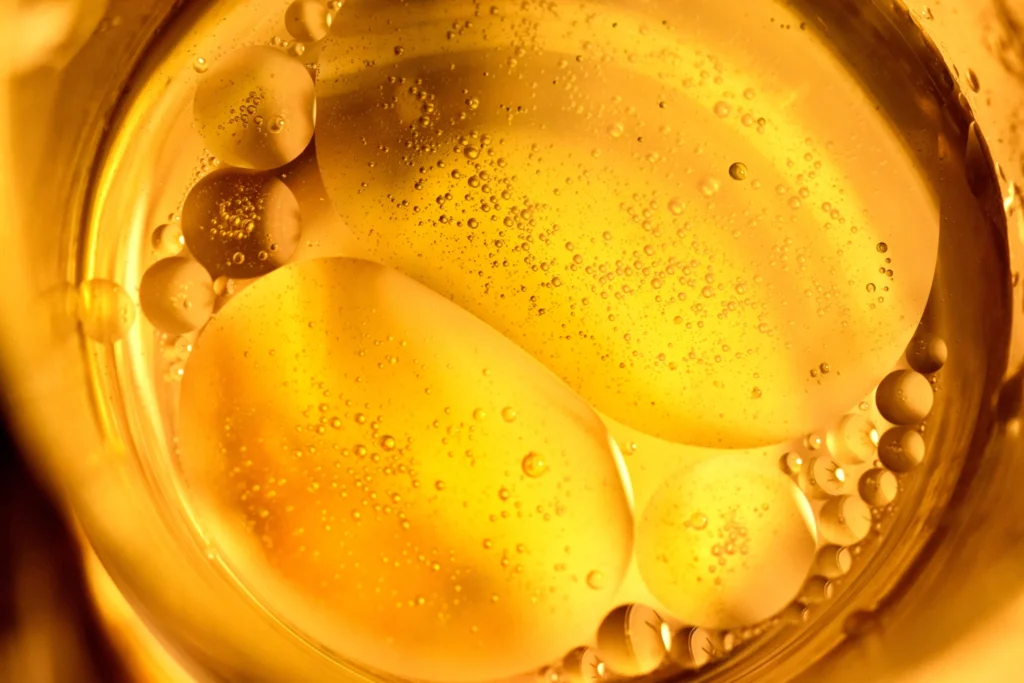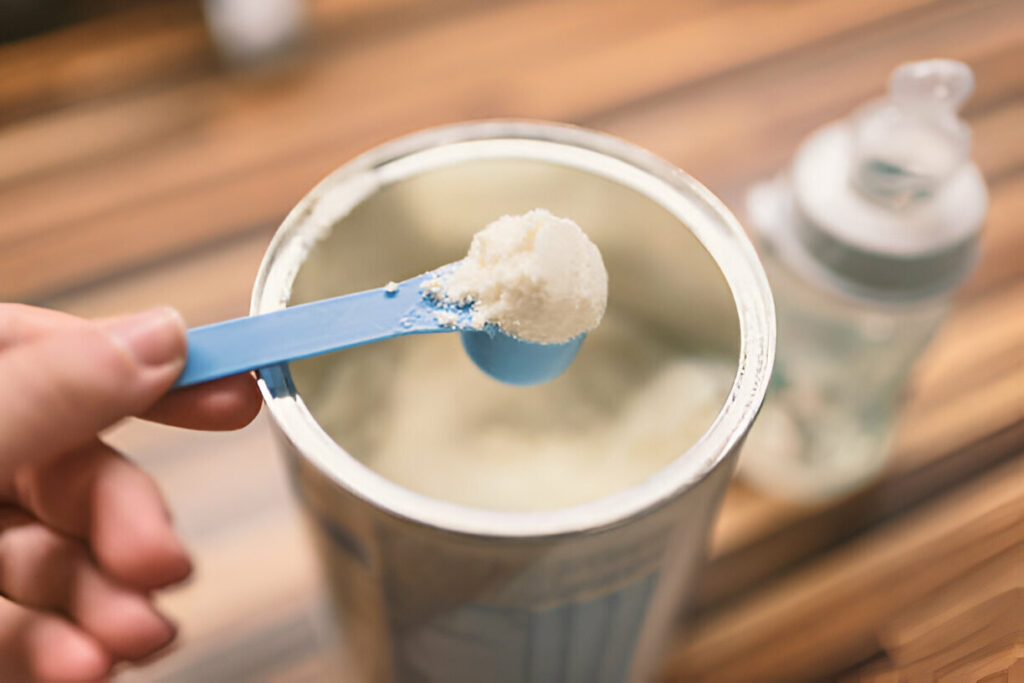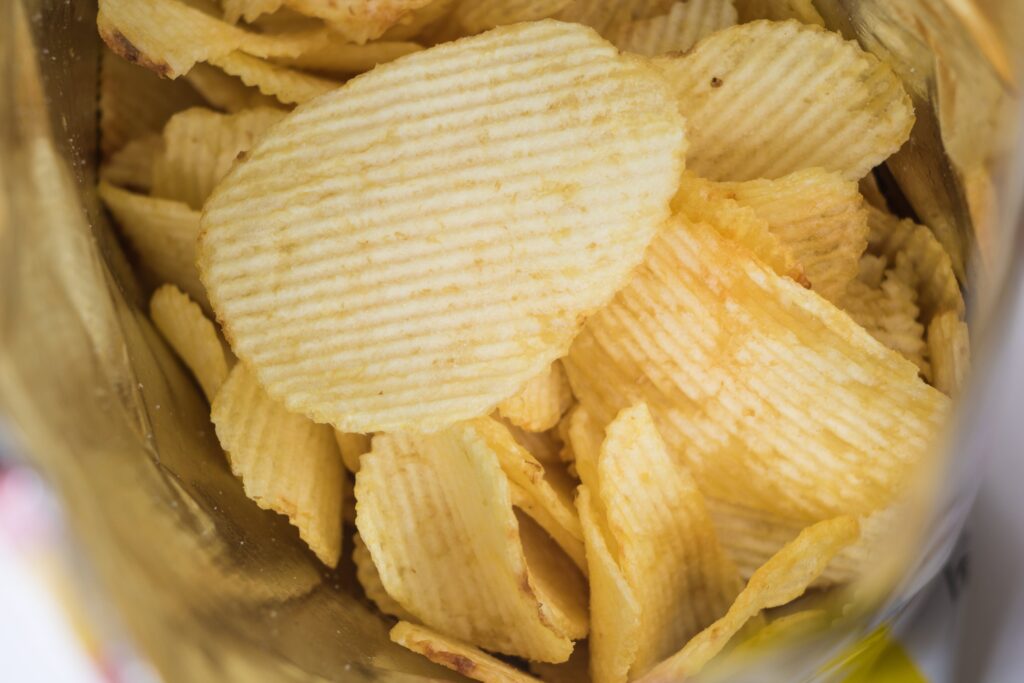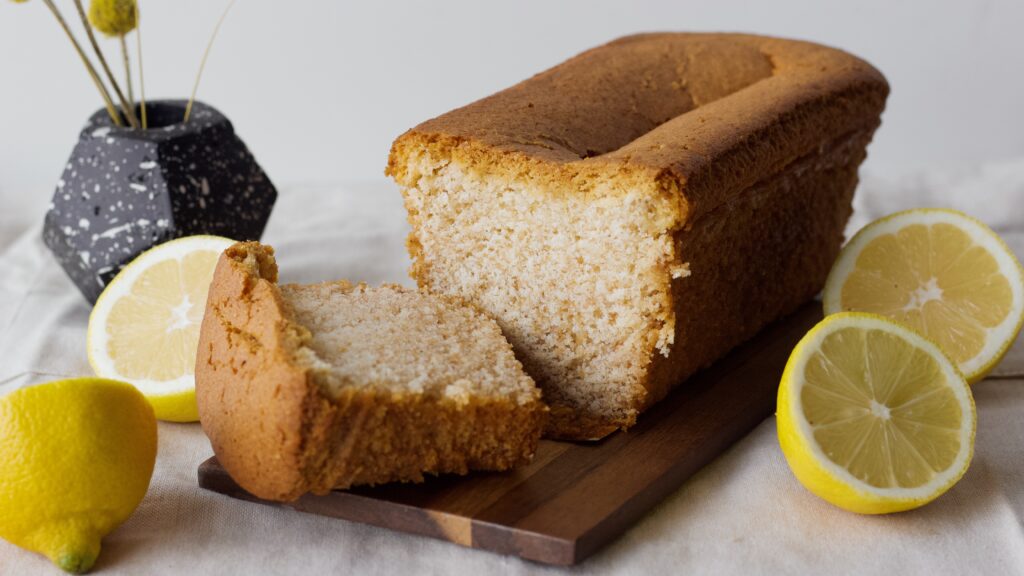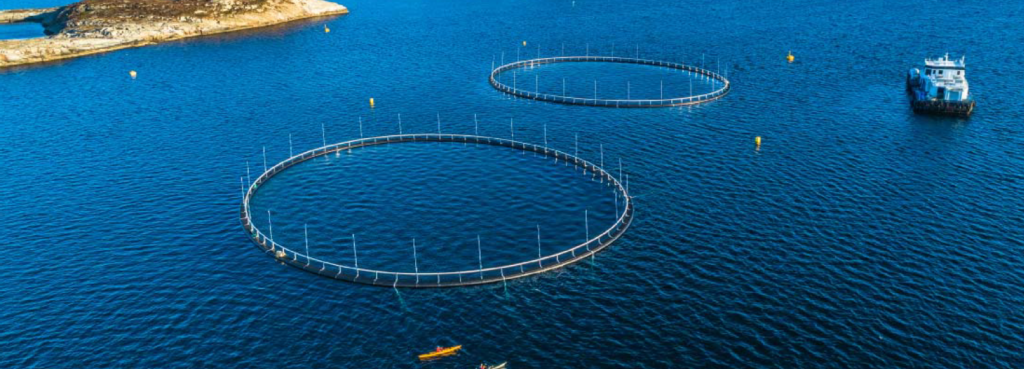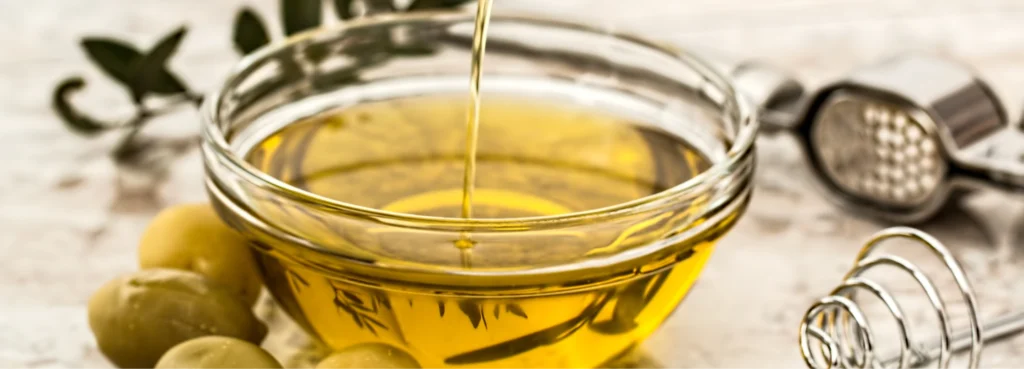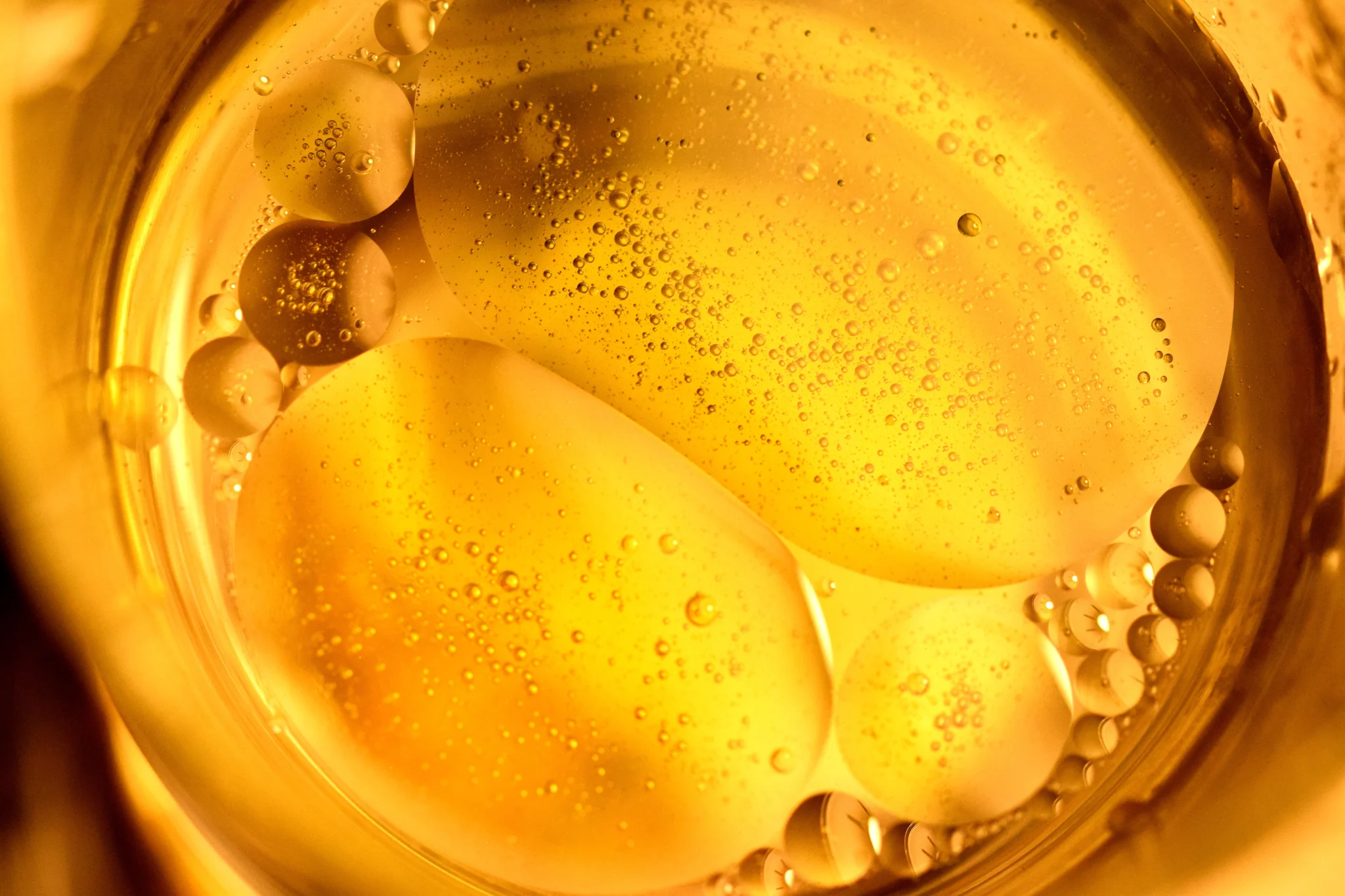
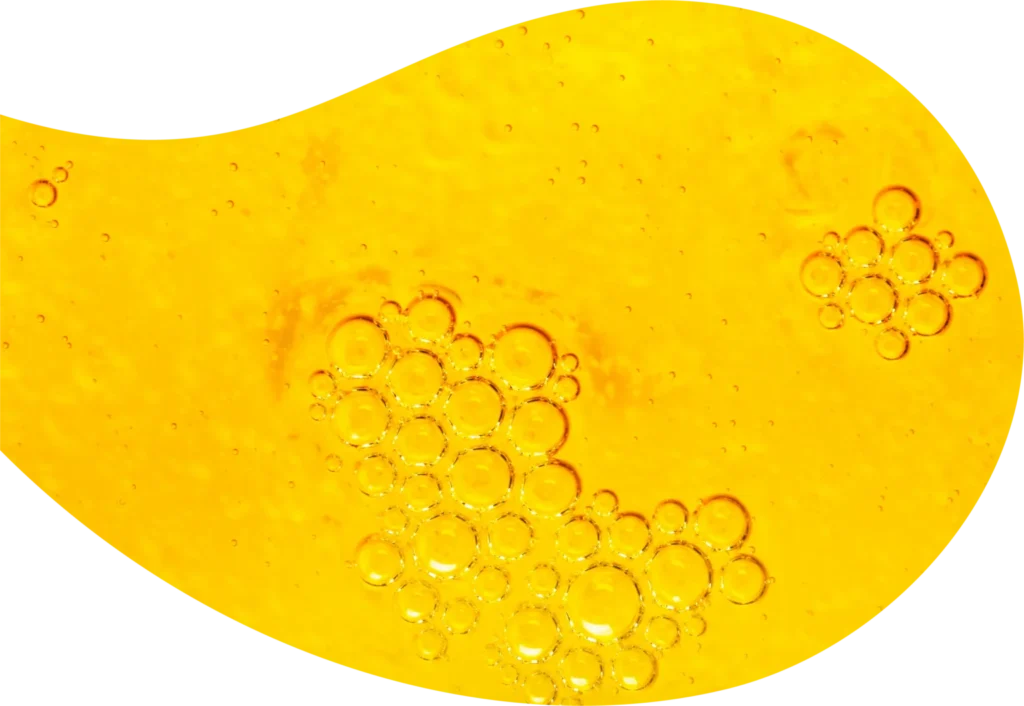

The vegetable oils and fats sector, in particular, has implemented practices that have allowed for high levels of control of these contaminants.5 In the case of Alianza Team, a company with over 75 years of experience in the food industry, a strategy based on three action pillars has been implemented, leading to high levels of mitigation for these contaminants. The plan includes aspects such as the identification and control of critical points of cross-contamination by mineral oils, as well as a raw material segregation plan.
Specifically, Alianza Team’s B2B business unit, Team Solutions Mexico, now quantifies MOH with a state-of-the-art laboratory in Europe that provides great certainty in identifying these
contaminants. It has allocated infrastructure for segregating low-contaminant raw materials, switched to mineral oil-free synthetic lubricants, implemented the development of new suppliers, and invested in technologies for contaminant mitigation. Overall, the analyses and control programs on raw materials and finished products implemented by the company contribute to the well-being of consumers, meet high-quality control standards, and offer better products to food manufacturers.
1 EFSA (2012). Panel on Contaminants in the Food Chain (Contam). Scientific Opinion on Mineral Oil Hydrocarbons in Food. EFSA Journal, 10(6), 2704. 185. Doi: 10.2903/j.efsa.2012.2704
2 EFSA (2012). Panel on Contaminants in the Food Chain (Contam). Scientific Opinion on Mineral Oil Hydrocarbons in Food. EFSA Journal, 10(6), 2704. 185. Doi: 10.2903/j.efsa.2012.2704
3 Comisión Europea. (2017). Recomendación (UE)2017/84 de la Comisión de 16 de enero de 2017 sobre la vigilancia de hidrocarburos de aceites minerales en alimentos y en materiales y objetos
destinados a entrar en contacto con alimentos. Diario Oficial de la Unión Europea. 12(60). https://www.boe.es/doue/2017/012/L00095-00096.pdf
4 Food Drink Europe. (2019). Caja de herramientas para prevenir la transferencia de
Hidrocarburos de Aceites minerales no deseados en los alimentos. https://www.aesan.gob.es/AECOSAN/docs/documentos/Guia_MOSH_MOAH.pdf
5 Zarate, J. y García, J. (Junio 15 de 2023). Nuevos enfoques en la calidad del aceite de palma colombiano. Investigación. https://elpalmicultor.fedepalma.org/nuevos-enfoques-calidad-aceite-palma-colombiano/
6 Umaña, L. (Agosto 3 de 2023). Análisis MOSH/MOAH en Aceites Vegetales: Garantizando la Seguridad Alimentaria. Blog TSI Life Science. https://tecnosolucionescr.net/blog/782-analisis-mosh-moah-en-aceites-vegetales-garantizando-la-seguridad-alimentaria
